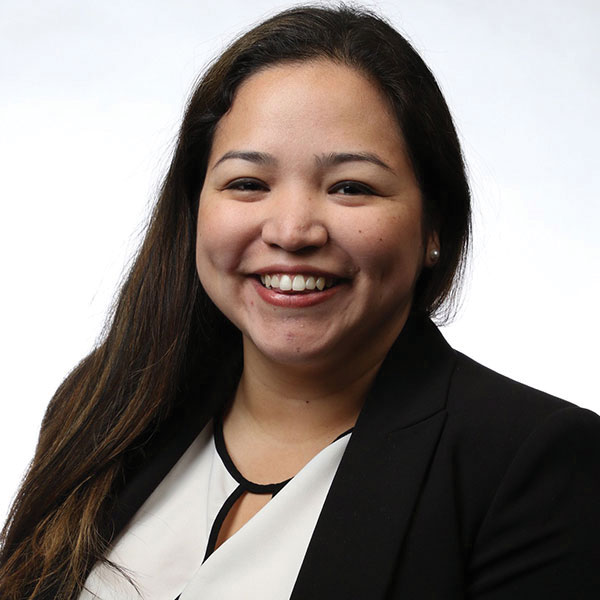#MeToo: Cardiovascular Medicine is Not Immune to Sexual Harassment
According to the World Health Organization, the prevalence of sexual violence affects one third of all women worldwide. "Me Too" is an international movement against sexual harassment and assault, which lately has become a hot topic in social media, television, Hollywood and even at the latest ACC Annual Scientific Sessions (ACC.18) in Orlando, FL.
In 2006, Tarana Burke created the "Me Too" phrase to empower women through empathy. In October 2017, #MeToo spread virally as a hashtag used to help raise awareness and was popularized by high-profile celebrities. Now, an international movement intended to include both men and women of all ages and races, it is having some resonance in several fields.
Sexual harassment and misogyny against women in medicine has been studied for a long time. A 1995 study found that 52 percent of all women in academic medicine said they had been sexually harassed.
A more recent survey in 2016 showed that among U.S. academic medical faculty members, about 30 percent of women and only 4 percent of men have reported experiencing sexual harassment, and it has been noted that medical staff who complain often have negative consequences in their career pathways.
Other evidence indicated that 60 percent of medical trainees and students experienced harassment or discrimination during training, and the majority shy away from reporting any incidents. People fear the consequences.
What is the role of men? First of all, men can also be victims. They can also be the voice and a significant part of the collective effort. As many of my mentors, they do not stand silently – they speak up.
We need to foster a working environment in which both genders feel at ease and without harassment. We encourage you to trade your war stories of workplace sexual harassment because together we are stronger and can be the change that our field needs.
Today it is probably not you, but someone who you care about or is sitting right next to you may be affected. Speaking up is essentially a public service and can help stop the perpetrator of targeting more people.
I want to speak about this issue because while I have not been a victim, I want to be an advocate and you should too.

This article was authored by Estefania Oliveros, MD, cardiology fellow at Rush University Medical Center in Chicago, IL.